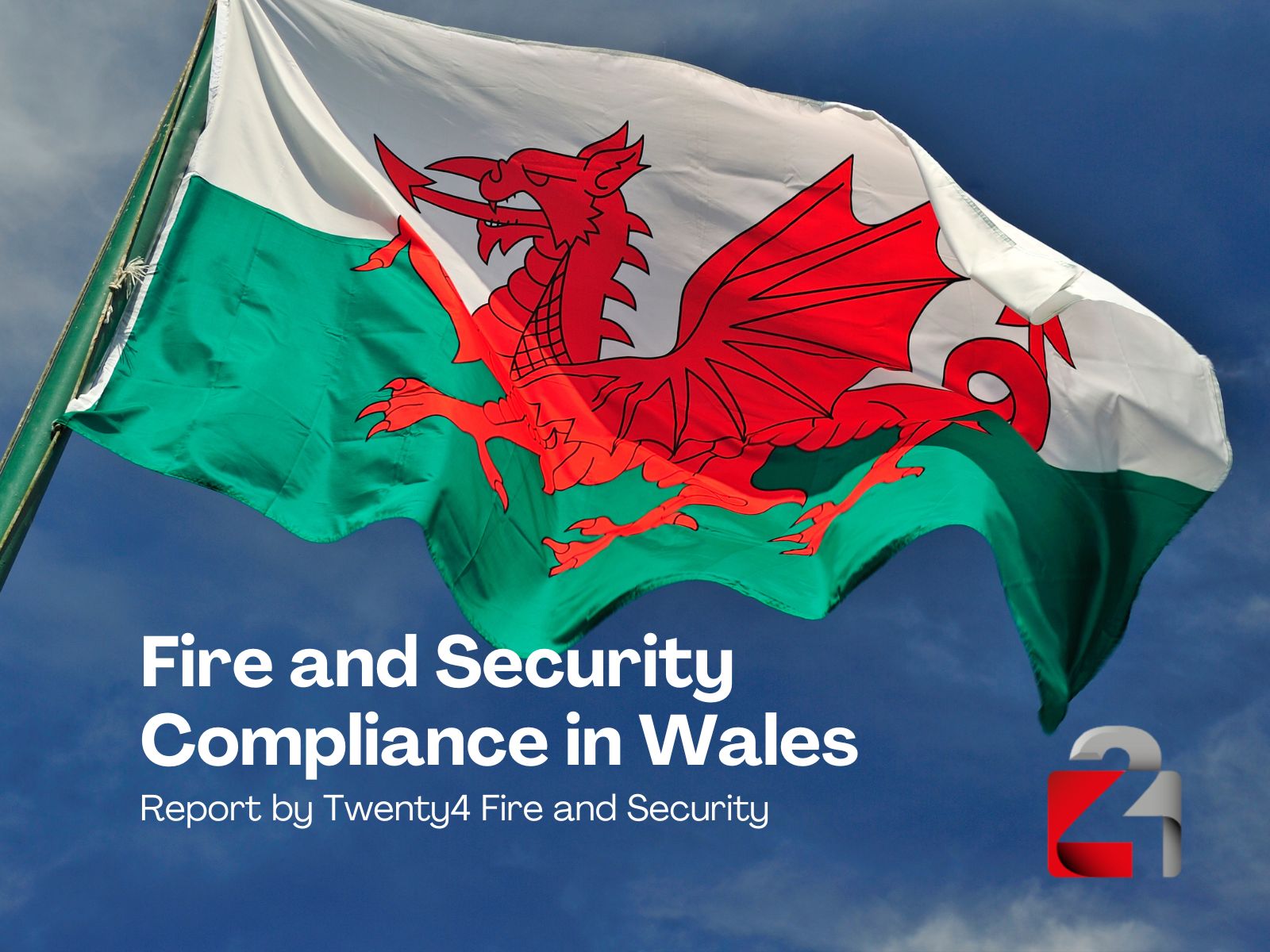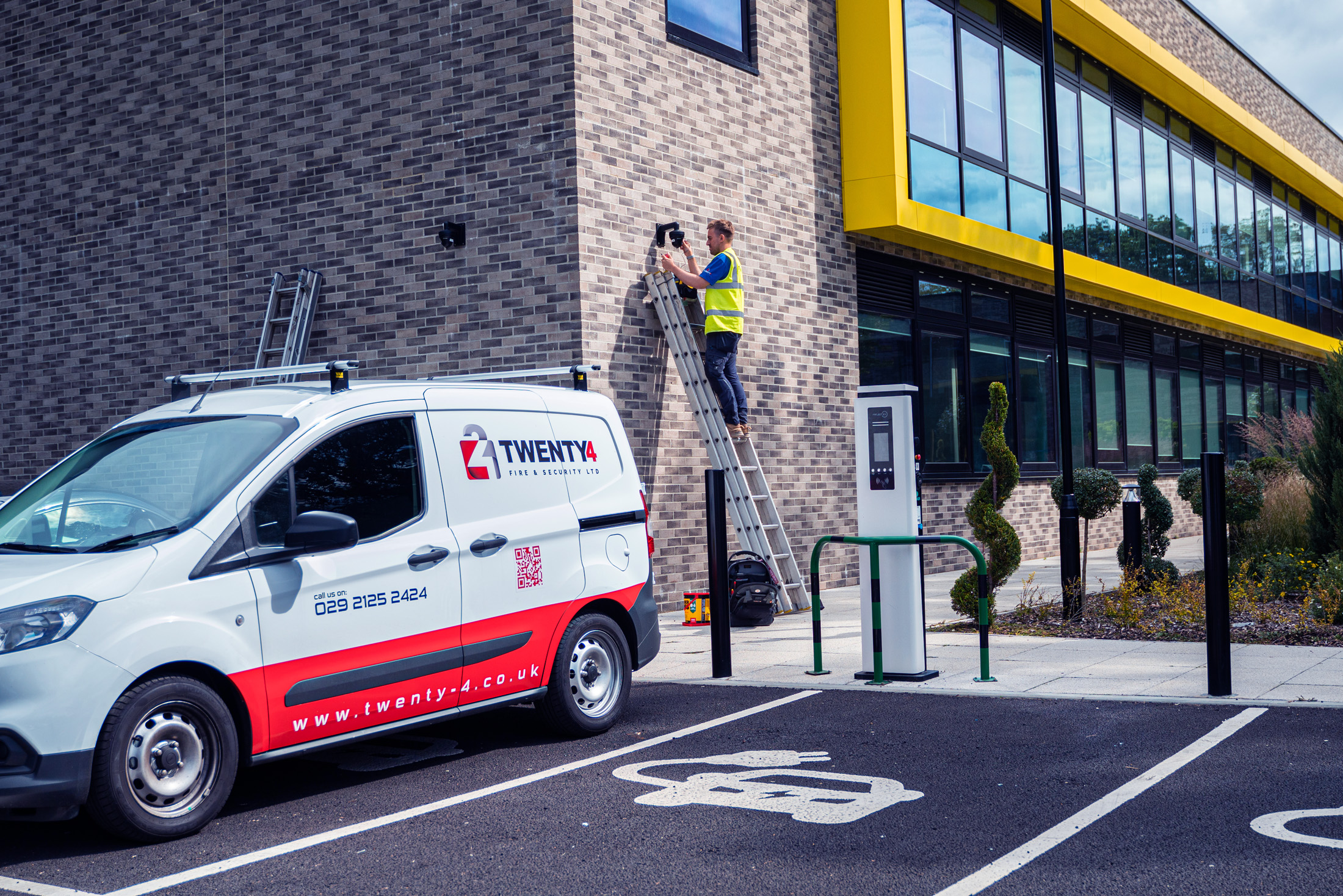Investing in a Buy 2 Let student property is an avenue many Landlords go down, with apartments, flats, and HMOs generating great sums in rental income. However, with great reward comes great risk. This is why as a Landlord, you need to do everything you can to limit the risk of fire in your rental property, protecting your tenant, your property and your investment.
Below, we share some interesting stats, tips, and information on ways you can make your student rental property as ‘fire-safe’ as possible.
The stats
Where you may think about fire safety as a bit of a box-ticking exercise, it is essential that as the Landlord of student accommodation, you know the facts. Below are a few facts that illustrate just how important investing in fire safety is:
- Those living in rented accommodation or an HMO are 7 times more likely to experience a fire than homeowners.
- The majority of fire-related deaths in young people are caused by faulty or misused electrical equipment at rental properties.
- Cigarettes, smoking materials, and candles have been the source of 1500 fire-related injured over the last 5 years.
- The average house fire costs the owner £45,000 in repair fees.
Furnished student accommodation and fire safety
With South Wales boasting two University Cites, Cardiff and Swansea, many students travel far and wide to study here. And, according to a recent survey, over 77% of students find furnished properties more desirable than ones that are not. But, having soft furnishings in your property means more fire risks for you and your tenants. This is why ALL upholstered furniture needs to be ‘Fire Resistant’.
You can check if your items are fire-resistant by looking for their label which should have a symbol of a cigarette with the word ‘RESISTANT’ in capital letters written underneath.
Furnishings you will need to check includes:
- Loose covers for furniture
- cushions and seat pads
- sofas and chairs
- beds, headboards, and mattresses
- sofa beds and futons
Fire Extinguishers
Not sure whether you need fire extinguishers in your student property? Well, if it is an HMO or a block of flats you own, you certainly will. All buildings with commercial areas require fire extinguishers. Fire Extinguishers will be required for each floor on the building also.
To learn which fire extinguishers need to go where read our fire extinguisher guide.
Smoke Alarms
Smoke alarms are a legal obligation for all Landlords, no matter whether they are letting to students or any other type of tenant. This is a law that was introduced on 1 October 2015. The law stipulates that Landlords must fit alarms on each floor of the property and a carbon monoxide alarm in rooms containing a solid fuel-burning appliance.
These alarms need to be tested on the day your tenant moves in. Then, the tenants should take over the responsibility of testing the alarms monthly.
PAT Testing
As it stands, there is no legal obligation for private landlords to carry out PAT testing on electrical appliances in their properties. However, many Landlords are deciding to carry out comprehensive tests anyway, further protecting their properties from the risk of an electrical fire.
Confused about your fire safety responsibilities and requirements?
If so, we at Twenty-4 can help, supporting all sorts of Landlords across the South Wales region.
Our first step will be conducting a fire risk assessment on your rental property; something every Landlord needs to have carried out annually. Then, we can advise on ways in which you can rent out your student property in a safe and compliant manner.





